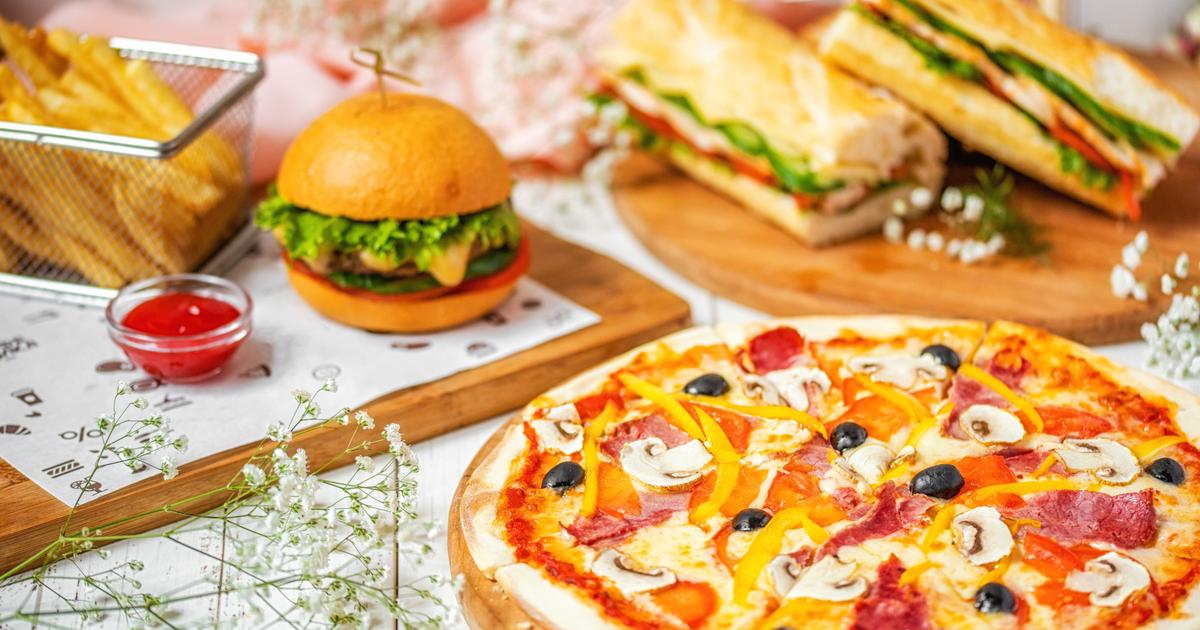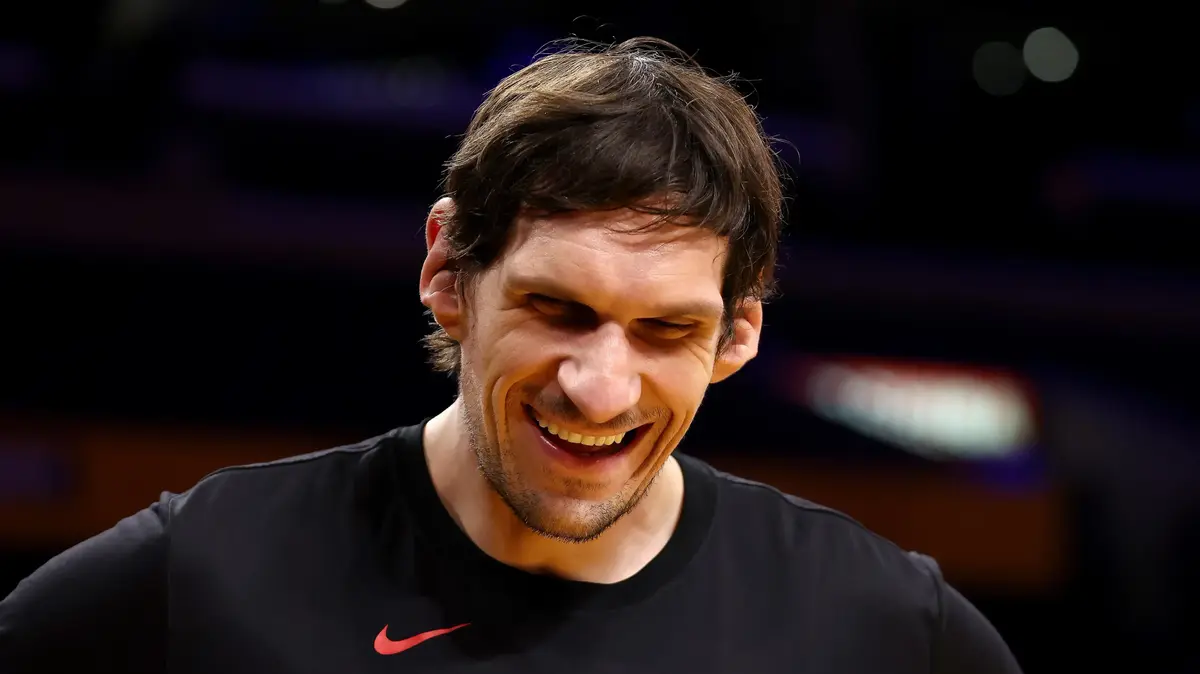- Click to share on Facebook (Opens in a new window)
- Click to share on Twitter (Opens in a new window)
- Click here to share on LinkedIn (Opens in a new window)
- Click to email a friend (Opens in a new window)
Editor's Note: Jeff Yang is a frequent contributor to CNN Opinion, background article writer for Quartz and other publications, and is co-host of the “They Call Us Bruce” podcast. He co-authored Jackie Chan's bestselling autobiography and is the editor of three graphic novels: "Secret Identities," "Shattered" and the upcoming "New Frontiers." The opinions expressed in this comment are those of the author.
(CNN) - A peaceful Sunday in Inglewood, California, in every way except for the scene at the intersection of La Brea and Sentinel, which was vaguely controlled chaos. Rows of dozens of cars stretched in both directions from each corner corner, interrupting traffic and blocking the entrance to the neighboring mall. From different points, people walked - or even took a cart - to their destination: a humble orange-roofed restaurant, a Popeyes Louisiana Kitchen.
Inside the restaurant, I joined a festive crowd of people lining up in a three-layer spiral, who laughed at their absurd predisposition to spend hours of a perfect morning hoping to eat chicken on bread.
That's why we were all there, of course: to try the internet's favorite culinary meme, Popeyes's spicy chicken sandwich. Almost everyone in the store had missed the opportunity to savor it when the chain first revealed it; I had visited three different stores myself, just to find out that they had finished the product, before Popeyes announced on August 27 that he was suspending sales nationwide due to lack of supplies.
In the process, Popeyes gave the world a free class on how the internet transformed what became a relatively controlled process of "going to market" (the presentation of new products, ideas and initiatives in a crowded market) into a more volatile game and where there is more at risk. And it is important to reflect on how the same thing that viralized spicy chicken is basically what put a reality TV presenter in the White House. Impulse marketing is the new normal for consumer brands and candidates, and the impact on our democracy has already been enormous. And the future implications, as social media simply becomes "the media," are incalculable.
Few industries have more experience in market outlets than the fast-service restaurant industry (QSR), which after all is not so much a food business as a marketing engine with large budgets paid to a logistics transmission of high accuracy. Fast food options are developed in laboratories, well-tuned industrial kitchens, tested in remote individual locations and the scope of sales is estimated to sign contracts with suppliers months or even years in advance. Up to a moderate-sized chain like Popeyes, which, with more than 3,100 restaurants in 40 states and 30 countries, is approximately the 20th largest company in fast-service restaurants in the world, the launch of a new menu item is like a complex and planned military invasion in detail.
And Popeyes thought he had everything under control. As Felipe Athayde, Popeye's president for the US market, told The New York Times, "we had strongly anticipated the demand, and we thought we would have no problem, at least until the end of September."
But Popeyes did not take into account the impact of “fear of missing something” induced by social media, where the desire to try something usually arises simply from repeated exposure to the desire of others to try something. The publications and videos of the first tasters who shared the unspeakable ecstasy of eating the sandwich prompted others to look for it and provide their own criticisms, which in turn were certainly seasoned with some exaggeration about the delicious, because on the Internet, "bue" It doesn't add clicks like extreme delight or excessive repulsion.
- Look: They kill a man in a fight for a chicken sandwich
Before social media, the peak of interest in the sandwich would probably have been within the limits projected by Popeyes. Our current era of high-speed marketing momentum (with its concomitant cycles of hype, flutter, binge, barrage and crash) makes it much harder to estimate the lower and upper limits of demand: attention windows are usually extremely short And whoever wants to control those sales needs to generate massive interest in a short period of time, to get the most out of the period before consumers focus on something else.
Naturally, this gives a huge advantage to those who have the resources to make a saturation promotion, investing to cover the area with their message and suffocate or exclude others. But there are other options for those who have less bulky wallets, such as the “followers economy” strategy, which focuses on targeting a small but immensely passionate niche in the hope that circumstances move in a way that will lead to expand rapidly, or the “forest fire” strategy, which is micrometrically directed to a dispersed range of distant groups in the hope that their reactions merge into something of universal and viral appearance (and as a result it becomes universal and viral) .
These strategies are already being used regularly by brands, but the same effects we have seen in product marketing are impacting politics. Candidates with large budgets try to spend a lot at the beginning, to seem omnipresent and inevitable; That was the strategy manual used by Hillary Clinton. Candidates with very passionate tribal followers - think of Donald Trump and Bernie Sanders - work for their electoral base, hoping that their low-level fiery energy can sprout like an eruption in other spaces. And then there are the candidates with the forest fire strategy that try to expand their playing field by attacking a wide range of targets: those who failed, such as Beto O'Rourke; some more successful, such as Andrew Yang and Pete Buttigieg; and the most hardworking forest arsonist in the field of 2020, Elizabeth Warren, who has a plan for everything and whose intention seems to be to create her movement one self at a time.
Given how critical social networks have become, they all play the same game as Popeyes, Chik-fil-A and Wendy's. The results are unpredictable.
At Popeye's, a woman told me that she had queued four times: once during the first wave; the second time in the morning at another Popeyes, who announced to the crowd that he had not yet received his shipment; the third time, at this location, to be told to leave until they were ready to sell at 10:30, and had already been waiting in this row for 45 minutes and was ready to wait all day if necessary. Her family, she said, was making a "challenge" in which each member would eat a sandwich and publish their reaction. His brother had bought sandwiches for all his relatives in Atlanta, even for his grandmother. She was the last one missing, here in Los Angeles.
Another man admitted that he was missing his job to line up, and mentioned that it was not the first frenzy he was participating in: he had been regularly in the ranks of iPhones when Steve Jobs ran Apple, that early marketing hypnotist of impulse.
- A customer demands sandwich at Popeyes at gunpoint
The first woman who received her bag of sandwiches offered to sell one for $ 10, "to save them an hour." No one accepted, but another customer waved a receipt and shouted in a festive way "here I have my lottery ticket!" The lady shouted happily "happy day of the chicken sandwich!"
An hour later, my children and I were finally eating the spoils. The batter was light and crispy, the meat was tender, the sauce was spicy with a prolonged burning sensation, and the freshly acidic pickles. It was certainly better than any other chicken sandwich I have ever eaten. But as my youngest son said, “we have been here for hours. This is not fast food, dad. ”
Is right. Is impulse marketing the system at its best or is it a sign of system breakdown? Or both?
I guess we'll find out in 2020.
- (Translation of William Montes)
2020 United States Elections














